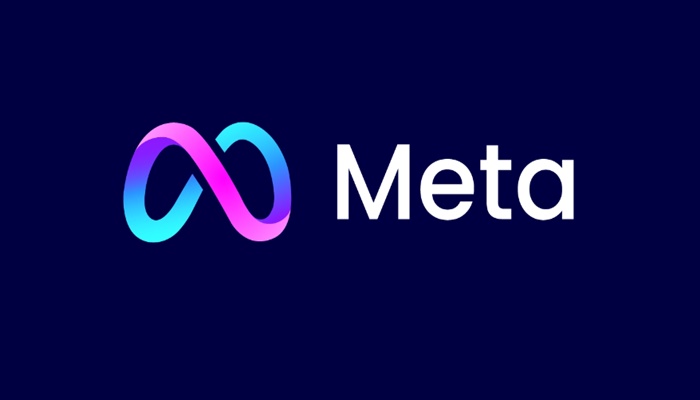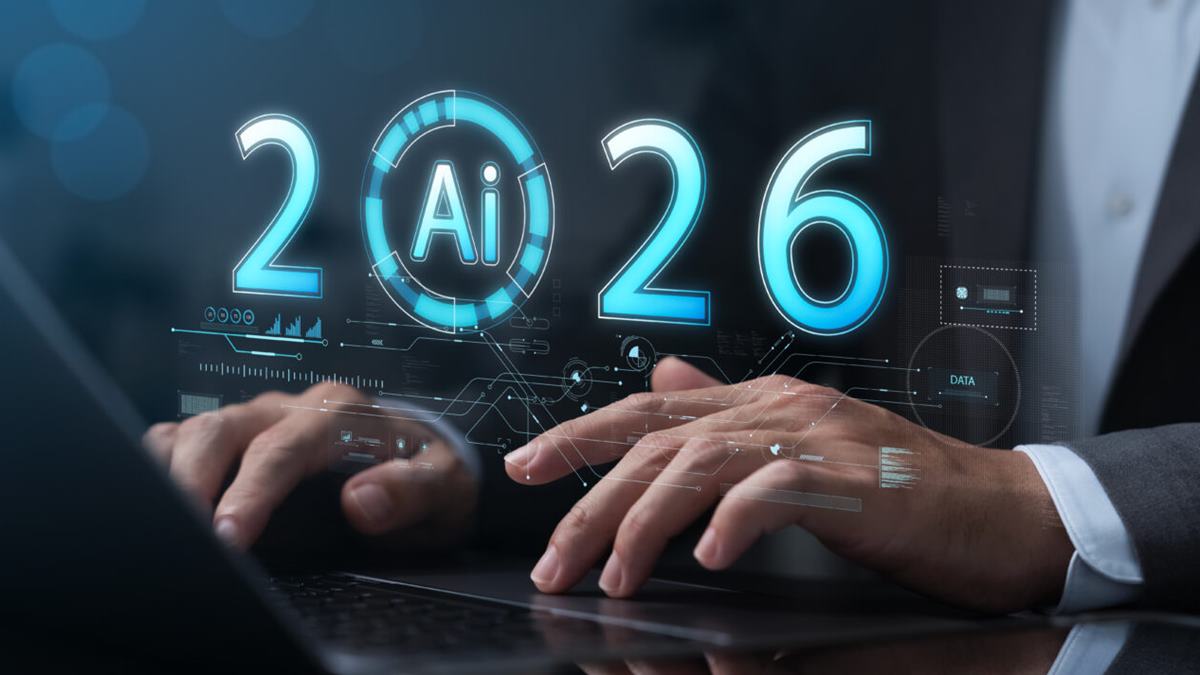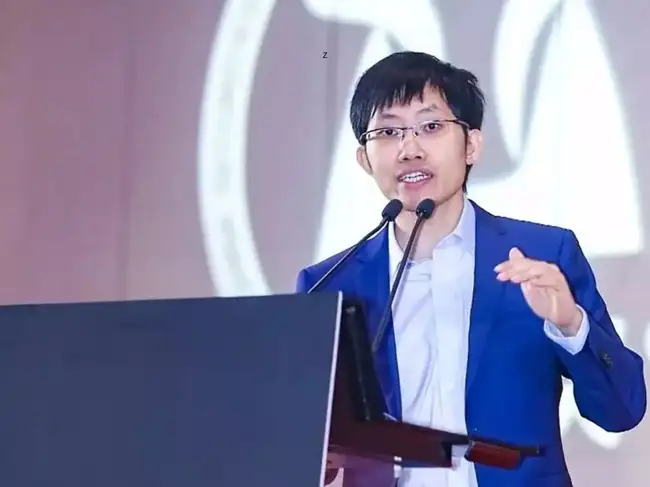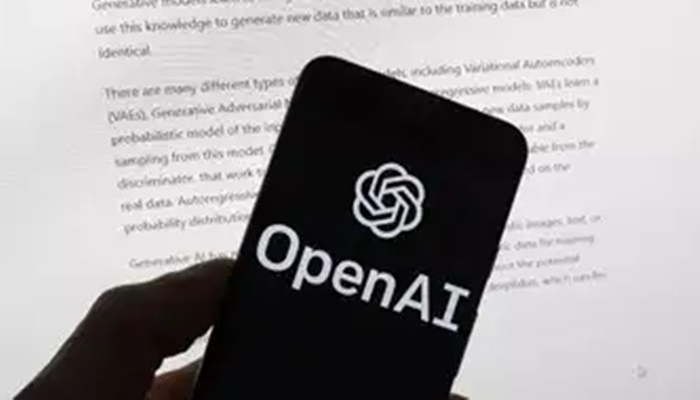Leaders champion innovation as the engine of progress. Yet when it’s personal—when an employee reimagines their own career—it’s too often dismissed. If reinvention keeps companies alive, shouldn’t it also keep people thriving?
In a workforce that spans six or more decades, the ability to pivot—whether by reskilling, shifting roles, or moving into new industries—isn’t a risk to be managed; it’s a strength to be cultivated. Yet too many organizations treat reinvention as a red flag instead of viewing it as a retention strategy.
Reinvention Matters at Every Age
Reinvention isn’t a midlife event—it’s a workforce reality. People return to school in their 70s, switch sectors in their 50s and start businesses in their 30s. Supporting that evolution keeps curiosity alive and talent engaged.
Internal job rotations and secondments—traditionally reserved for early-career hires—can help employees rediscover purpose and build new skills without leaving the organization. According to McKinsey, 41% of workers who left their jobs cited a lack of career development options. When people don’t see on-ramps and off-ramps, they create their own—and take their experience with them.
That’s why the most strategic organizations view reinvention as a talent sustainability strategy that keeps talent motivated, engaged and in-house.
A sustainable talent strategy requires ongoing, proactive management. Leaders model the whole-life career approach when practices and policies make it clear that employees are valued for their abilities and potential to upskill, reskill and pivot–regardless of age or life stage.
Future-Ready Companies Do This Differently
Forward-thinking employers are shifting from career path to career portfolio thinking—recognizing that people evolve through different life stages, priorities and learning cycles. They invest in reskilling programs that are open to all employees, not just those in the early stages of their careers. They encourage lateral moves and temporary assignments to build range. And they normalize career pauses, recognizing that time away for caregiving, rest or study often yields stronger, more committed employees.
Some organizations are already reframing how careers evolve. PepsiCo offers an example of what career portfolio thinking looks like in practice. A case study by the Aspen Institute illustrates how the company implemented an upskilling initiative that provides no-cost education for all employees—from frontline workers earning their high school diplomas to professionals pursuing bachelor’s degrees. The company’s Digital Academy includes more than 11,000 learning assets covering both technical and non-technical roles, encouraging employees to expand skills, shift functions and explore new career paths within the organization.
Molly Nagler, who served as PepsiCo’s Chief Learning Officer at the time of the study, explained, “We offer a portfolio that meets both employee and business needs. There is something for everyone.” This approach normalizes reinvention as a shared business strategy and acts as a benchmark for other companies to follow.
The Bottom Line
As automation and AI reshape the way we work, the most valuable employees will be those who know how to reinvent themselves—and the most resilient companies will be those that make room for this change. Innovation may start with technology, but its true power lies in people who continue to evolve.
If your company celebrates innovation but penalizes reinvention, it’s not future-ready.




















